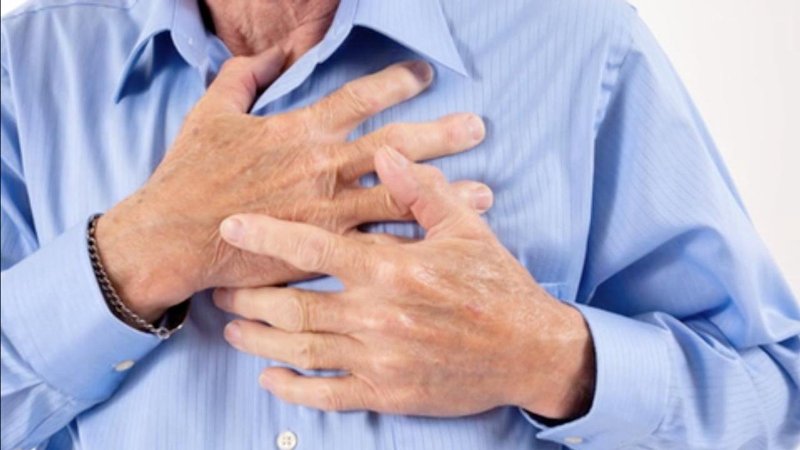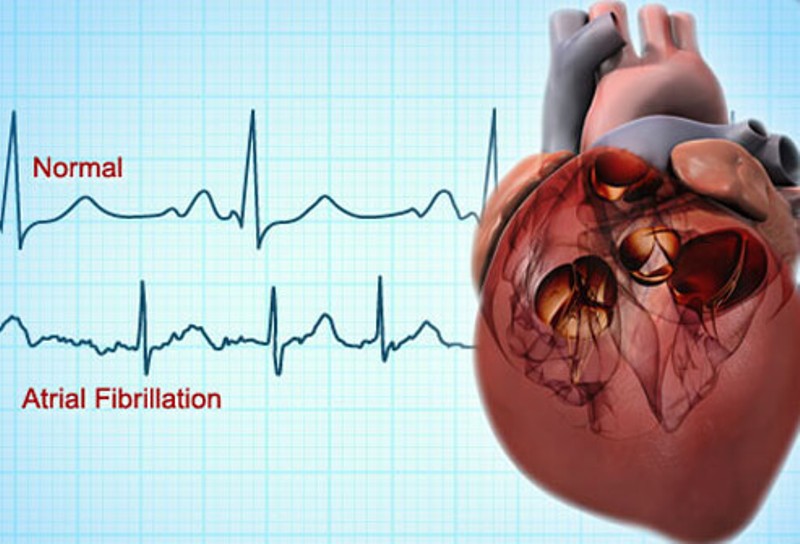Just Earth News | @justearthnews | 24 May 2017, 06:58 am Print

The varsity published the report after studying around 50,000 people
The research team found out that men who were treating themselves to two to six 30-gram bars of chocolate had 23 per cent lower risk of developing atrial fibrillation that the ones who did not.
Similarly, women who consumed the aforementioned amount of chocolate had 21 per cent lower risk of having a heart flutter.

The study, which took place in Denmark, involved 55,502 participants, aged between 50 and 64, from the Danish Diet, Cancer and Health Study.
Their health was tracked for an average of 14 years, using national registry data on episodes of hospital treatment and deaths, the report added.
"Our study adds to the accumulating evidence on the health benefits of moderate chocolate intake and highlights the importance of behavioral factors for potentially lowering the risk of arrhythmias,' author Elizabeth Mostofsky, instructor in the Department of Epidemiology at Harvard Chan School said.
However, she added that eating excessive amount of chocolate might invite other health complications.
"Eating excessive amounts of chocolate is not recommended because many chocolate products are high in calories from sugar and fat and could lead to weight gain and other metabolic problems. But moderate intake of chocolate with high cocoa content may be a healthy choice," Mostofsky said.
Victoria Taylor, Senior Dietician at the British Heart Foundation urged people to go for small portions of chocolate with large content of cocoa.
"If you eat chocolate, keep your portions small and go for dark chocolate with the highest cocoa content," she said.
What is Atrial Fibrillation?
Cardiology Surgery Hospital India states Atrial fibrillation, commonly known as heart flutter as "a special case of the heart, beating with an irregular or abnormal rhythm. Irregularities in the heart beat are generally termed as arrhythmia. It can refer to a situation in which the heart beats too slow, too fast or with an abnormal rhythm. Atrial Fibrillation is the most common type of arrhythmia. It is so called because of the fact that there is a fibrillating or twitching movement of the heart muscles as opposed to their normal coordinated contractions during a heartbeat."

"Atrial Fibrillation affects both men and women. The risk increases with age and according to the statistics, one in four individuals who are aged 40 years or older, will develop Atrial Fibrillation during their lifetime," it adds.
The symptoms associated with Atrial Fibrillation are as follows:
Palpitations or rapid, irregular heart beats.
Shortness of breath.
Chest pain.
Dizziness.
Fatigue
According to a Professional Heart Daily report the estimated number of individuals with Atrial Fibrillation globally in 2010 was 33∙5 million (20∙9 million males and 12∙6 million females.
images: Internet Wallpapers
- Alarming projection: Global breast cancer cases could cross 3.5 million by 2050, shows study
- Exam stress to emotional distress: Study reveals the dark side of academic pressure
- Vegetarian diet linked to lower risk of five major cancers, study finds
- Ukraine’s health system under fire: Attacks spike 20% in 2025, WHO warns
- A dog’s loving lick turned deadly — She woke up without her limbs





-1763561110.jpg)
